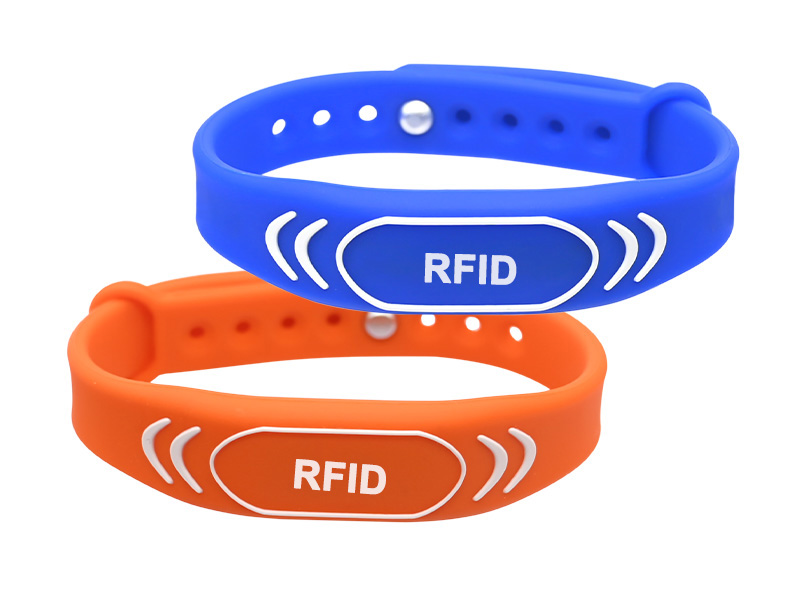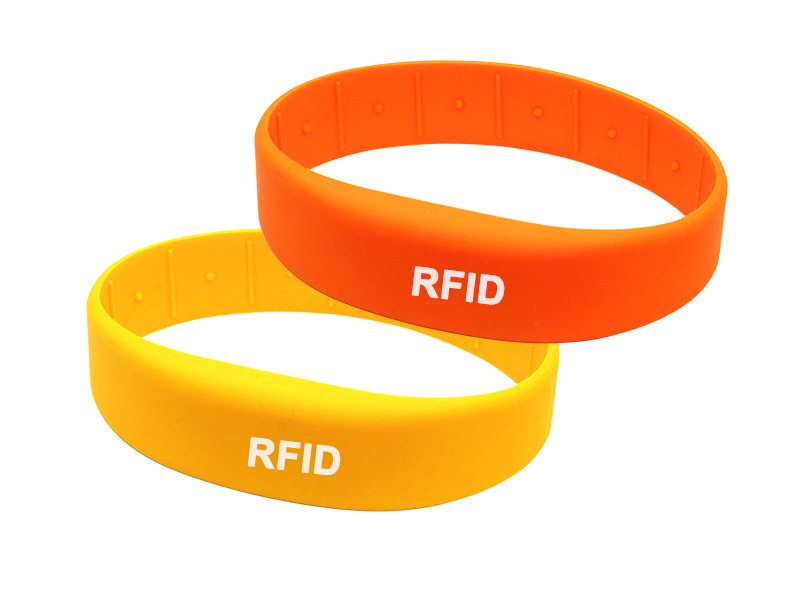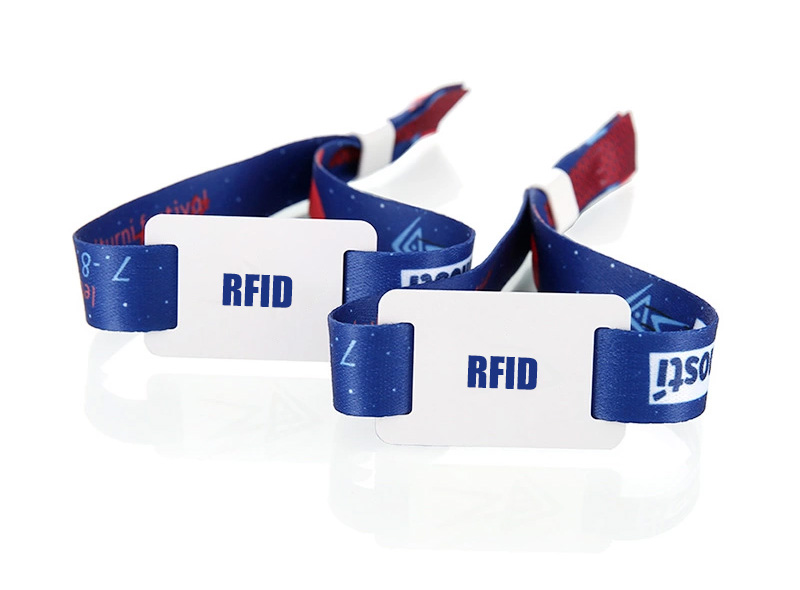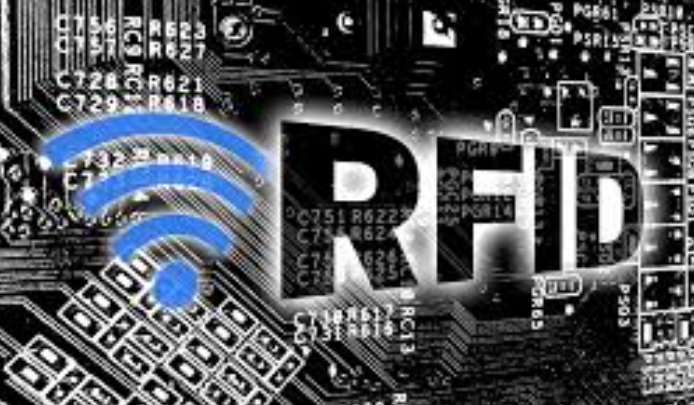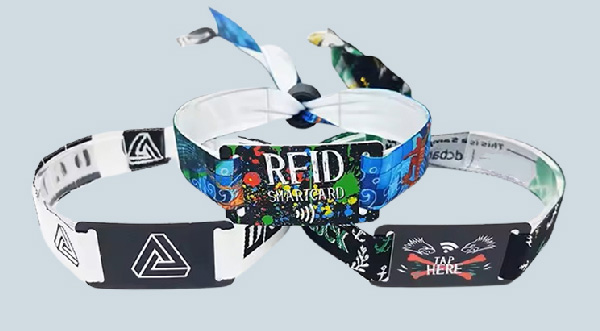Welcome To HuiXin IOT : Pioneering RFID Solutions for a Connected World!
- Home
- Wristbands
- Silicone Wristbands
- Wholesale Best Custom Waterproof Silicone RFID Wristbands for Events
- The Popular RFID Silicone Wristbands For Hotels
- RFID Wristbands Closed Type Silicone Bracelets
- Dual Frequency HF / UHF RFID Chip Wristbands
- RFID Wristbands Waterproof Silicone Bracelets
- Closed Style Chip RFID Silicone Wristbands
- MIFARE RFID Bracelet Barcode Silicone Wristbands
- Best Silicone RFID Wristbands for Events Festivals
- Silicone RFID NFC Wristbands
- Silicone Waterproof RFID Wristband
- View All Silicone Wristbands
- Fabric Wristbands
- TK4100 fabric rfid wristband for events access control
- Best Fashion NFC Fabric RFID Wooden Wristband
- Ntag215 Fabric Wristband for events
- Ntag213 Fabric Wristband for Music Festival
- Full Color Custom Cloth Wristbands
- RFID Fabric Wristbands For Events
- RFID Fabric Wristbands for hotel
- Custom RFID Fabric Wristbands
- RFID fabric Wristbands For Music Festival
- RFID fabric Wristbands With QR Code
- View All Fabric Wristbands
- RFID Cards
- RFID Hotel Card
- Custom RFID Hotel key Cards
- RFID Hotel Cards
- RFID Hotel Key Cards LoCo Magstripe Custom Printed
- Wood RFID Key Cards with Logo
- RFID Hotel Key Cards Custom Printed
- Custom hotel key cards
- RFID Magstripe Hotel Key Cards
- Best RFID Key Cards for Hotel
- Customized RFID Hotel Key Cards
- Customized Access Control PVC RFID Hotel Key Card
- View All RFID Hotel Card
- RFID Contactless Card
- Customized Encryption MIFARE Classic 1K Key Card
- Wholesale 13.56MHz PVC Business Card RFID Blank NFC card
- Custom Logo Ntag215 Metal Stainless Steel NFC Business card
- Hypermarket Smart Loyalty Card Waterproof RFID Contact Card
- Custom Logo Ntag213 NFC Metal Card
- Custom Business Blocking Card RFID Smart Card
- 13.56MHz NFC RFID PVC Printable Blank Hotel Access Control Card
- Customized Contactless Smart Payment IC Card for Hotels
- Flexible Pet Anti-Metal NFC Card 13.56MHz
- Customizable Printing Contactless Card RFID Smart Card
- View All RFID Contactless Card
- eco-friendly
- RFID Producs

